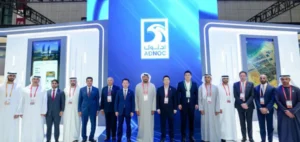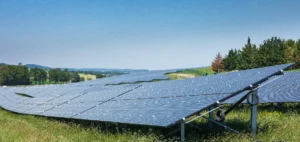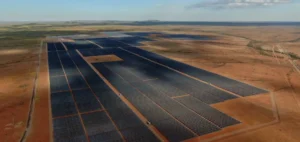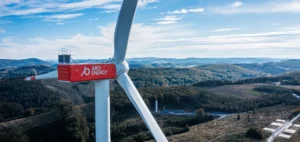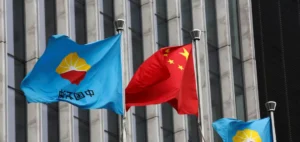The exemptions granted by the Trump administration in its tariff decree against Brazil map out the critical dependencies of US industry. Brazilian crude oil, totalling $44.8bn in imports in 2024, continues to flow to US refineries without disruption. This decision comes as Brazil became the country’s top exporter in 2024, with oil surpassing soybeans due to pre-salt production. The 230,000 daily barrels, directed mainly to the US west coast, represent a supply source that would be difficult to replace quickly.
US steel chain dependent on Brazilian iron
The complete exemption of ferrous products reveals a major structural vulnerability. Brazil exported 389mn tonnes of iron ore globally in 2024, with 2.82mn tonnes sent to the United States. Although modest in proportion, this quantity feeds specific segments of the US steel industry tailored to the characteristics of Brazilian ore. Imports of Brazilian iron and steel reached $5.72bn in 2024, making Brazil the second-largest steel supplier and the leading supplier of iron ore.
The technical specifications of Brazilian iron ore, notably its 62-65% iron content and low impurities, match the requirements of US blast furnaces. Substitution from other sources would require costly adjustments to production processes. Integrated steelworks in Indiana, Ohio and Pennsylvania are particularly reliant on these supplies for their optimal charge mixes.
Embraer and the integrated aeronautical ecosystem
The exemption for civil aircraft protects a sophisticated binational value chain. Embraer exports 45% of its commercial aircraft and 70% of its executive jets to the United States. This relationship goes beyond simple export: many US-made components equip Embraer aircraft, creating industrial interdependence. General Electric engines, Honeywell avionics and Parker Hannifin hydraulic systems illustrate this integration.
US orders represent a multi-billion-dollar backlog for Embraer’s E-Jets E2, positioned in the regional jet segment where Boeing offers no direct alternative. US regional airlines operate substantial Embraer fleets, making the continued flow of spare parts and new aircraft crucial. The immediate stock market impact, with an 11% increase in Embraer’s share price, reflects market relief.
Pulp and North American paper chains
Suzano, the world leader in wood pulp, benefits from exemptions that protect its exports to US paper mills. Brazilian eucalyptus pulp has short-fibre characteristics essential for certain grades of tissue and printing paper. US mills have optimised their processes for these specific inputs over decades. Substituting Canadian or Scandinavian softwood pulp would alter the final properties of products.
Trade data show Brazil supplies around 30% of the wood pulp imported by the United States. Long-term contracts between Suzano and US paper manufacturers include precise technical specifications that are difficult to replicate elsewhere. The favourable logistics costs of shipping from Brazilian ports to the US east coast further bolster this position.
Strategic implications of revealed dependencies
The structure of the exemptions exposes the limits of US industrial autonomy in critical sectors. Efforts to decouple trade run up against the realities of supply chains optimised over decades. The exemptions represent an implicit admission that some trade flows transcend immediate political considerations. This mapping of dependencies gives Brazil stronger bargaining leverage.
Industry analysts note that the exempted sectors correspond precisely to areas where alternative supplies would entail prohibitive transition costs or timelines incompatible with production cycles. This economic reality constrains political flexibility, illustrating the practical limits of protectionism in a globalised economy. US companies in these sectors maintain their sourcing strategies while closely monitoring diplomatic tensions.



